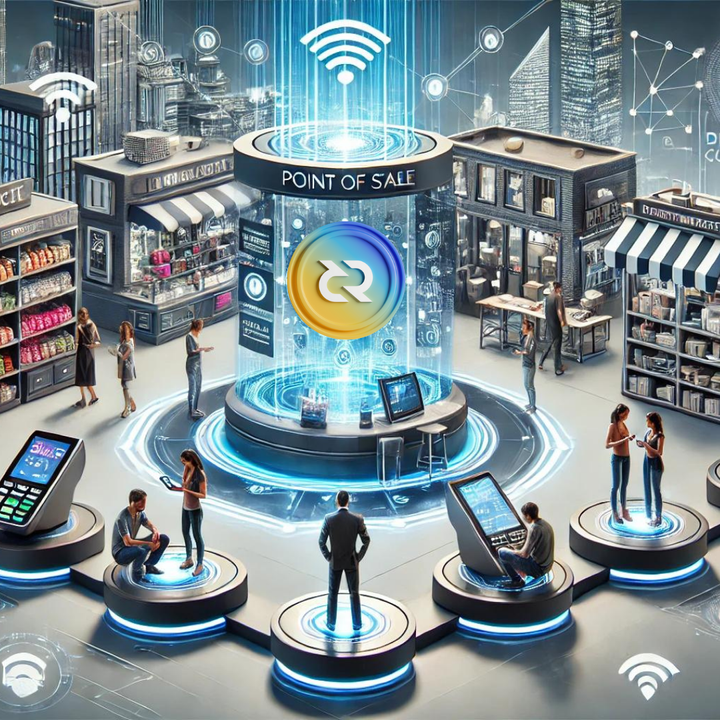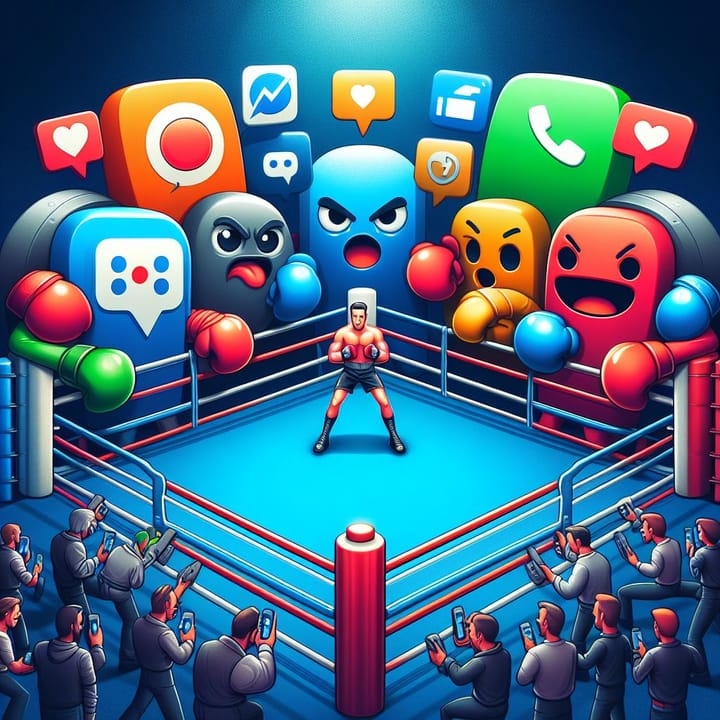At the end of the 2000s, we entered an era where the internet started to be dominated by big social media platforms. With an aim to capture our engagement and data. But where do we go from here?
Social media has become almost an intrinsic part of our lives, changing how we communicate with others, share content, and the way we build our social relations. Big tech companies have found a way to link every aspect of our daily lives to their platforms, from work to having fun. While these platforms have some benefits, there is a growing debate over their impact on our heads, and our connection with reality. Beyond that, there is a concern with our data, personal information, and privacy. Let's analyze how socialization on the internet turned into the current scenario, and what improvements can be made.
From the beginning of the internet to the Golden Age
The development of the World Wide Web in the early 1990s by Sir Tim Berners-Lee is the initial point of our journey. The web we know was created, by introducing a user-friendly interface, hypertext links, and multimedia capabilities. An almost infinite number of websites began to emerge, facilitating the communication and exchange of information between people on a global scale.
A short time after, in the late 90s, we witnessed the rise of search engines like Google, Yahoo, and later, the Wikipedia project. With those, people with internet connection gained access to vast amounts of knowledge, gaining the possibility to research and learn with no geographic or social boundaries.

The Internet Golden Age took place in the approximate period of 2004 to 2010. It began with the flourishing of many online communities, some present in games like Runescape or World of Warcraft, and many others in online forums like Gamefaqs, Newgrounds, and Myspace. Social Media was not a name for 4 or 5 big platforms that almost everybody uses, the internet was a new frontier of websites and applications for many different niches. Every internet user had their favorite web spaces, where they interacted with other people and discussed common interests. These communities fostered a sense of belonging among users, being the right place for the rise of new ideas.

At that time the concept of Web 2.0 gained popularity. Websites became more interactive, and users were now creating and collaborating on new content. The creation of YouTube was a milestone, offering users an easy platform for uploading content and watching funny home videos. The website was so free back then that even channel homepages were customizable, a reflection of the 2000s internet style.
The internet nowadays
At the end of the 2000s, we entered an era where the internet started to be dominated by big social media platforms. Facebook was the first great example, a user-friendly social network adapted to include all kinds of people. From this point, most internet users began accessing the same platforms. Social Media has become the primary source of news, information, and entertainment for many. A few companies were now concentrating power, becoming the real internet gatekeepers, controlling the reach and visibility of information.

The dominance of those big social media platforms led to a decline in independent sites. Monetization models often prioritize advertising revenue with algorithms designed to optimize engagement, promoting clickbait and other sensational content. There are also concerns about data privacy, users often give up personal information to social media companies, which is monetized and used for targeted advertising. The control of vast amounts of data raises concerns about surveillance and abuse of power.
While those platforms have brought unprecedented connectivity, their rise also alerted us about internet dominance. It is crucial to address these challenges and explore ways to promote a more diverse and popular internet, that once was in the hands of regular people.
Decred and the internet
Decred is known for its applications that use blockchain technology to facilitate peer to peer engagement, but it surprised the crypto community at the end of 2022 when Bison Relay launched. Bison Relay is a new take on social media, a Decred-based communication tool that enables free speech, free association, and an alternative to traditional platforms. Bison Relay follows the Decred ethos of privacy, with heavy use of the Decred Lightning Network, where every message sent is encrypted. The use of the network also makes it possible for users to monetize their content, receiving payment via LN micropayments.
Jake Yocom-Piatt, Decred project leader, conceived Bison Relay after understanding that the current "internet is broken and in desperate need of a reboot, the root of the problem is that the web and social media platforms are fundamentally custodial networks. When people have custody of your data, content, and metadata, they can record, sell or even manipulate it." The Decred project is aiming for a decentralized social network, where users have full sovereignty over their data and absolute freedom of speech.
Do you think that a second golden age of the internet is possible? Where once again people have privacy, rejecting centralized web powers such as Meta, Google, Twitter, and TikTok? If it happens, Bison Relay could have a huge role to play in decentralizing the internet.
What features do you think Bison Relay should implement next? Leave a comment!






Comments ()